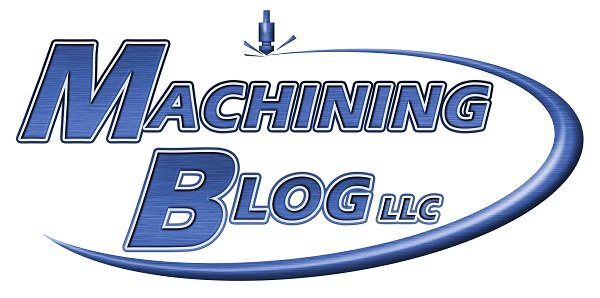The CNC Machining industry has many specialized terms for tooling, machines, and other technology. Here is our list of things to know about machining with CNC equipment.
Blueprint Reading - The term blueprint reading means that someone interprets ideas that are on a drawing or print.
CAD/CAM Software – CAD is the acronym for Computer Aided Design. CAM is the acronym for Computer Aided Manufacturing. They are computer software that are used in the manufacturing industry.
Caliper – A measuring tool that is used to measure internal and/ or external dimensions on machined parts.







